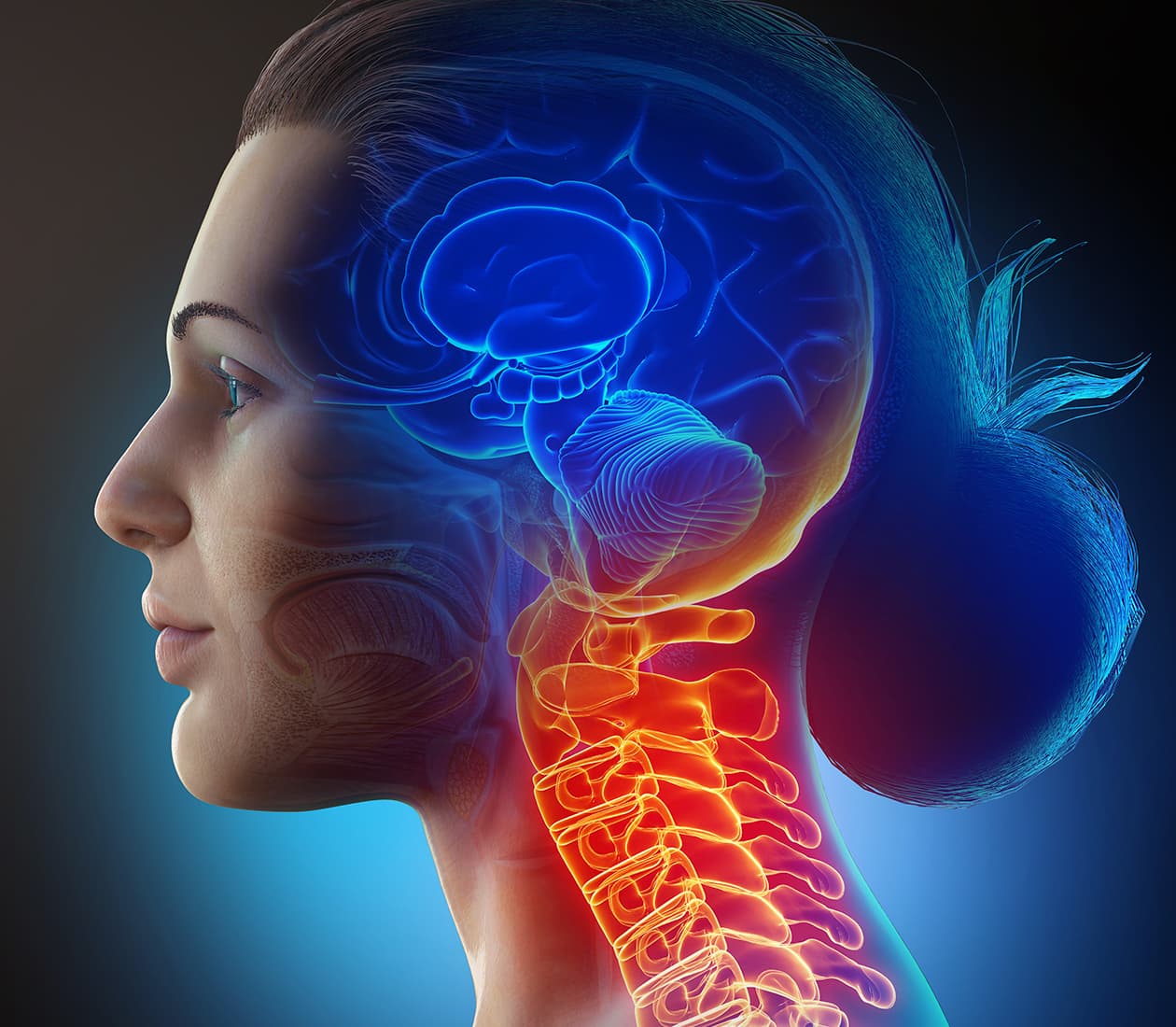
Our Head and Neck Cancer Program offers specialized care for the diagnosis and treatment of Head and Neck Cancers.
The Head and Neck Cancer Program at Cleveland Clinic Abu Dhabi’s Cancer Institute sees highly specialized head and neck surgeons work closely with medical oncologists and radiation oncologists to develop an optimal treatment plan for each patient, that will help to preserve a long-term quality of life.
Our tertiary care services, including head and neck surgery and microvascular reconstruction, are complemented by a range of other services. These include speech and swallowing therapists to help patients regain lost function, and nutritional therapists to ensure patients with swallowing challenges maintain a healthy weight.
Each of our patients receives a comprehensive and individualized treatment plan developed by our multidisciplinary team of specialists who sit to review each of our patients to ensure the best clinical management decisions and tailored treatment plan is achieved. This tumor board and multidisciplinary approach to complete care means our patients benefit from several expert opinions, including those from various subspecialities for their diagnosis, treatment, and overall care.

The Head and Neck Cancer Program at Cleveland Clinic Abu Dhabi strives to provide the highest standards of treatment and care for patients, close to home. This includes the use of minimally invasive techniques such as trans-oral robotic surgery for oropharyngeal and laryngeal cancers, when clinically appropriate. The use of such techniques, offered as part of our Oncology Programs, allows for a better quality of life post-surgery.
The Program also provides definitive surgical management for advanced laryngeal cancers, head and neck microvascular reconstructive surgery and free tissue transfer, and regional flap reconstruction for head and neck cancer defects as part of our multidisciplinary approach to each cancer patient.

Head and neck cancer is a category to describe cancers that occur in the head and neck region. These cancers usually begin in cells which line the mucosal surfaces of the head and neck, such as inside the nose, mouth, throat and voice box. This also includes cancers of the thyroid and salivary glands.
The Head and Neck Cancer program at Cleveland Clinic Abu Dhabi treats the following:

Head and neck cancer symptoms are often mild and can be similar to less serious conditions such as a sore throat or cold. The signs and symptoms depend on the size and location of the cancer in this area. Symptoms include:
There are two main risk factors for head and neck cancers:
Smoking: Tobacco use, including cigarettes, shisha, medwakh, cigars and pipes, is the biggest risk factor for head and neck cancer. Doctors estimate that as many as 70% to 80% of all head and neck cancers are linked to tobacco use. Secondhand smoke may also increase the risk.
Alcohol: Heavy consumption of alcohol increases the risk of developing cancer in the mouth, larynx, pharynx, and esophagus.
Other factors that may increase the risk of developing head and neck cancer include:
However, many patients who develop head and neck cancer have no identified risk factors.

Head and neck cancers are diagnosed by clinical examinations and specialized tests and procedures.
Diagnostic tests may include:
Early detection is key to successful treatment of head and neck cancers. Treatment options for head and neck cancer differ for each patient, depending on the type of cancer, its stage (how advanced the cancer is) and the exact diagnosis.
In general, the three main types of treatment for head and neck cancers are surgery, chemotherapy and radiation therapy. Some patients may receive all three treatments.
Surgery on the head and neck areas may change the patient’s appearance and ability to chew, talk, and swallow. For these reasons, patients may require reconstructive surgery and speech therapy after surgery.
At Cleveland Clinic Abu Dhabi, we are at the very forefront of life-saving and life-changing head and neck surgery. Thanks to our innovation and expertise within the field, we are improving outcomes for patients.
Learn More
Exposure to certain risk factors can put you at an increased risk of developing head and neck cancer. To reduce the risk, doctors recommend:
Being familiar with the symptoms of head and neck cancers, and always reporting the first sign of them to your doctor, can also prevent cancers from progressing.

The Head and Neck Cancer Program at Cleveland Clinic Abu Dhabi is a multidisciplinary collaboration across teams of skilled caregivers including:

Speak with our Contact Center for assistance
Request an Appointment 800 8 2223 International Patients